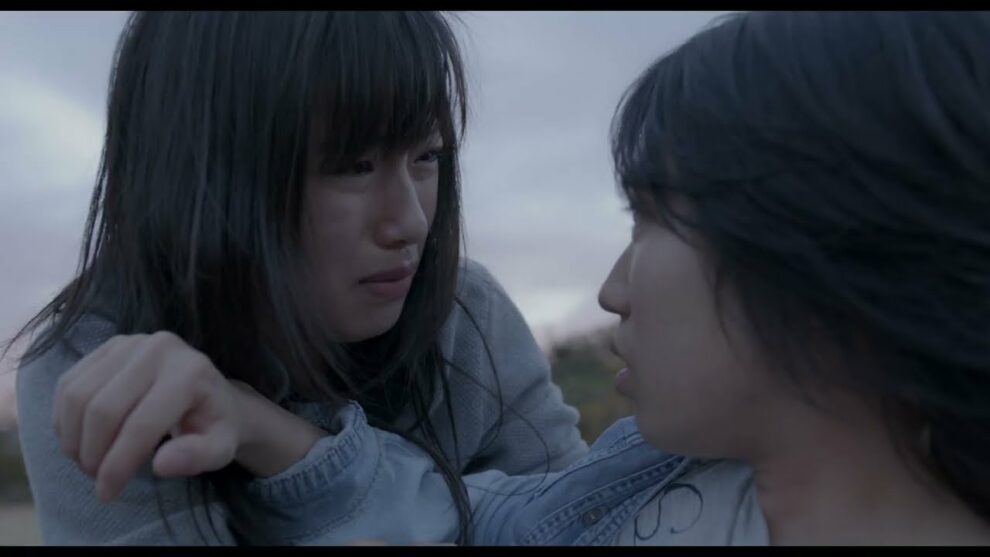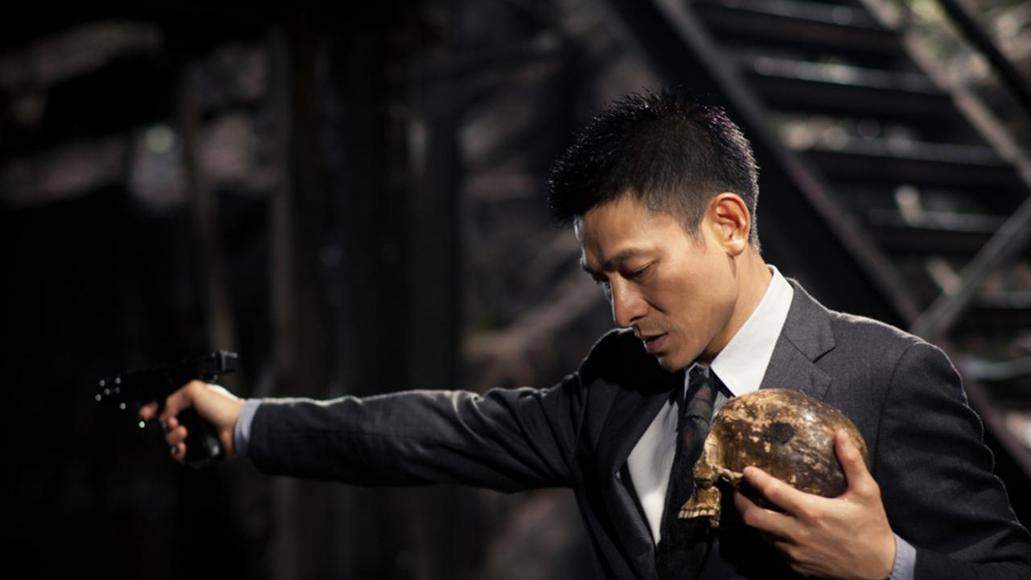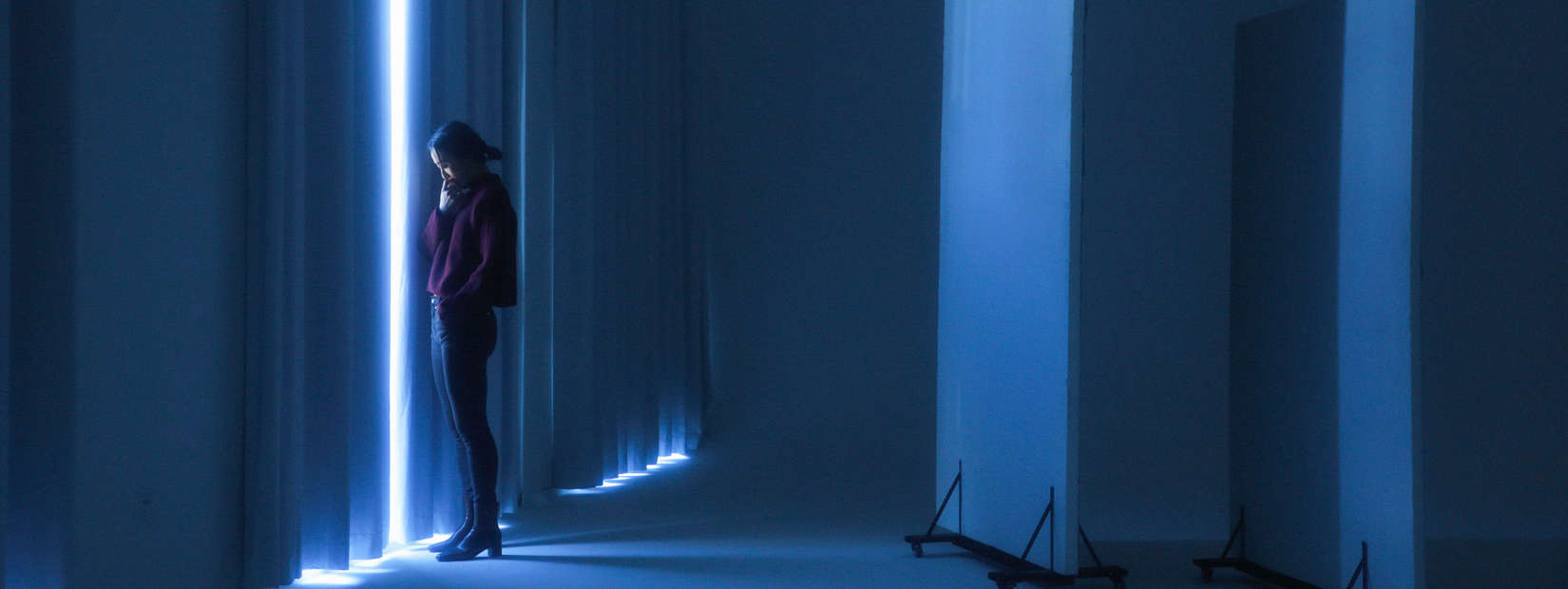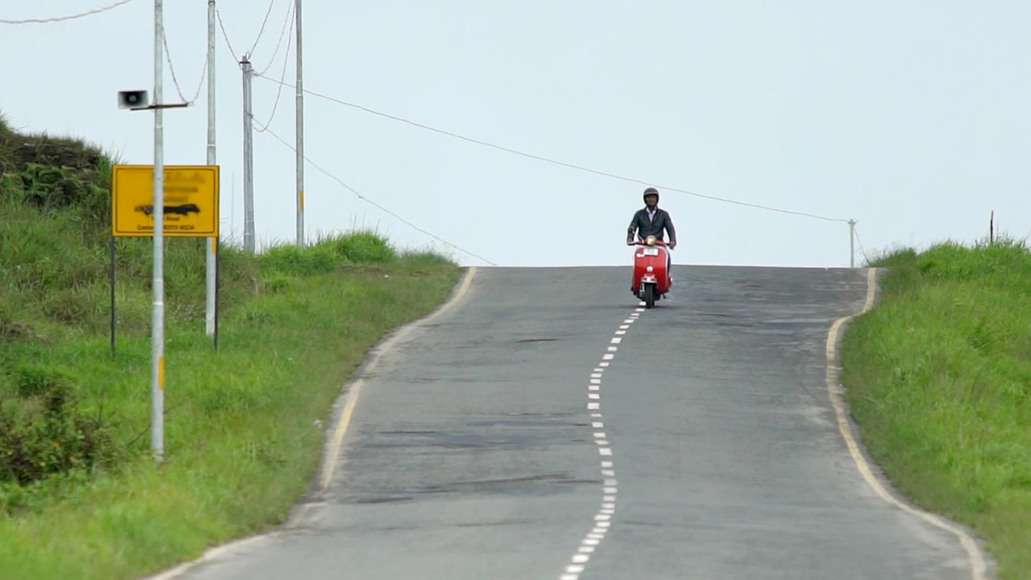Films about the movie industry have been abundantly presented recently in Japanese cinema. Tokuhiro Yasukawa, in his feature debut, comes up with his own take, which strays away, though, from the norm, due to its intense experimentation that actually has the actors repeating the same lines from a play throughout the movie.
“Maybe Woohoo” is screening at InlanDimensions

The whole endeavor takes place within 24 hours, which is actually how much it took for the film to be shot. Emi lives in a rural town and aims to become an actress. In order to train for an upcoming audition in Tokyo, she is working with Hasegawa, who was in the same drama club when they were in high school, and Satsuki, her closest friend. However, Hasegawa, who has had brief romantic relations with both, when he listens to them talking about him, runs away. Emi decides to call the rest of the members of the high school club, which include a couple Tanimoto and Kokko, to help her with the audition. The former also had some relations with Emi in the past, and takes the opportunity to make “a move” once more, but Kokko realizes the fact and tells Emi off. Around the same time, Satsuki tells her she has to leave also but Emi still decides to go to Tokyo and attend the audition. In the bus there, he asks every passenger to help her practice, while another friend also helps her when she arrives in the city. Eventually she reaches the audition.
At first look, “Maybe Woohoo” is a movie about an actress trying to make it to an audition against all odds, both psychologically and practically. However, Tokuhiro Yasukawa takes a rather unusual approach to the whole thing, by having the same lines repeated (probably from a stage play) throughout the movie, with different context each time. The result seems ambiguous, but it seems to state that it is not the lines that matter, but the sentiment and overall passion the actors exhibit. That, particularly after a point, one stops focusing on the actual words after so many repetitions, and instead realizes what is actually happening in each scene by the context and the acting, highlights the aforementioned concept even more intently.
A second message could be perceived to be that everyone wants to be an actor, a concept that is highlighted particularly in the bus scene, but not everyone is willing to do the work, or have the patience and discipline the profession demands. Furthermore, the value of chasing one's dreams, even against all odds, and the difficulties relationships present nowadays, are also commented upon.
The whole approach to the movie has intense theatrical connotations, despite the fact that the “action” takes place in different locations. This is mostly evident in the acting, with the repetition of the same lines being the main medium. As such, the actors and particularly the protagonist, Remi Miyamori as Emi does seem a bit hyperbolic and even pompous in her delivery, in a way, though, that is quite fitting to the whole narrative approach. Furthermore, her range becomes evident throughout, with her exhibiting convincingly a number of emotions, from despair, to eagerness, to sadness with equal artistry, to the point that the whole role could be described as promotional for her. The rest of the cast follow the same rules, but in smaller and less impactful roles.
Motomu Ishigaki's cinematography also leaves this distinct, stage-play sense, although some of his exterior shots, particularly the ones in the city, stray away from this approach, quite entertainingly. The way he “exploits” the bus setting is the highlight of his work, and probably the most memorable scene in the movie. Yasukawa's own editing results in a relatively fast pace that manages to add a welcome sense of tension in the 1-hour film.
“Maybe Woohoo” is not exactly a movie for everybody, due to its intensely experimental nature and minimalistic approach, but can be fun on occasion while definitely deserves a watch for Remi Miyamori's performance, and the whole stage play within a movie concept.















